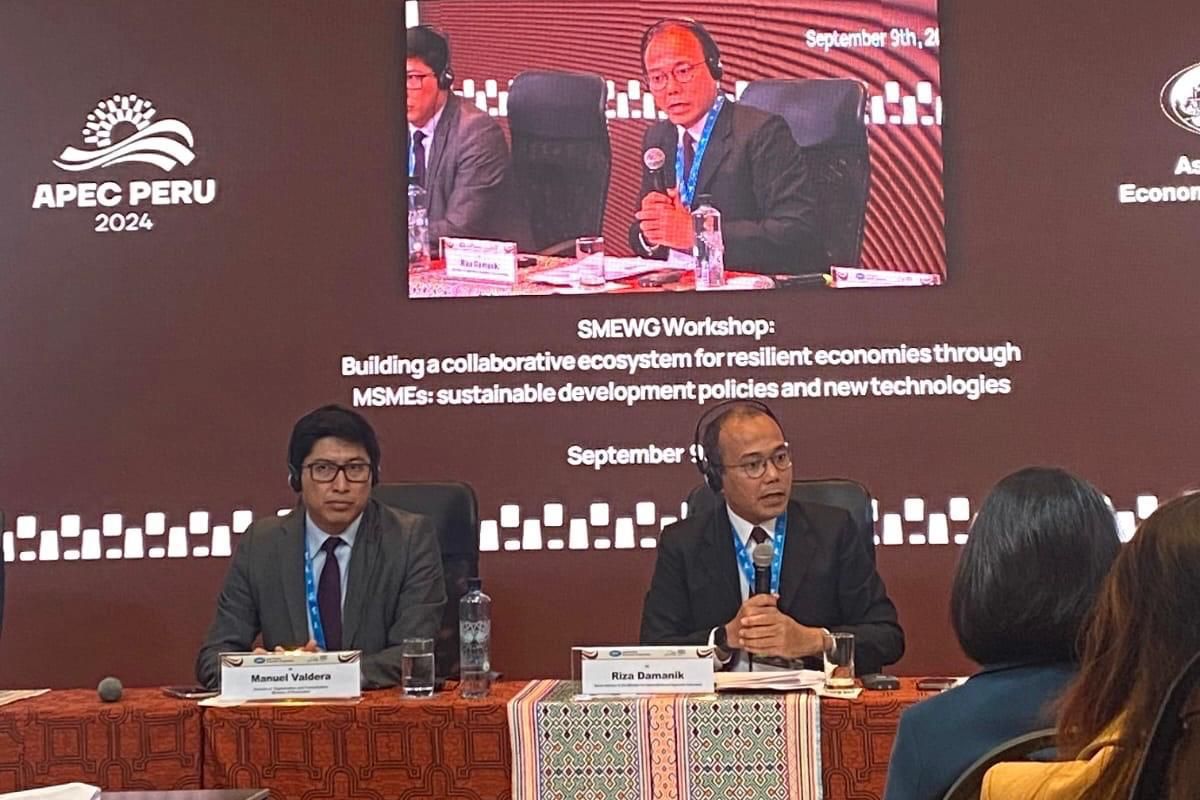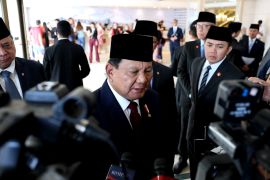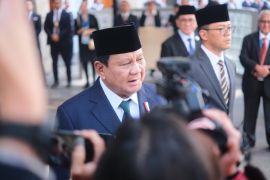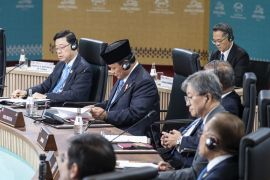Jakarta (ANTARA) - The Co-operatives and Small and Medium Enterprises (SMEs) Ministry promoted Indonesia's Joint Production House (RPB) at the 58th APEC MSME Working Group (SMEWG) Meeting held in Pucallpa, Peru, on September 9-13.
The ministry's expert staff for institutional relations, Riza Damanik, remarked while speaking at one of the forum's workshops on Wednesday (September 11th) that the RPB aims to help Indonesian MSMEs access technology so they can produce innovative products.
"To produce high economic value products, maintain environmental sustainability, and create quality jobs, MSMEs need access to innovation and technology," Damanik remarked, as quoted from the ministry's press release here on Thursday.
At the forum attended by APEC MSME representatives, Damanik explained that RPB is important, considering that most business actors in Indonesia fall in the micro and small categories with limited access to funding, resources, information, and raw materials.
Hence, in handling the issue of limited access, the Indonesian government established the RPB by involving co-operatives as the managers.
"RPB gathers micro and small business actors, who can produce local flagship commodities, so they can access the technology needed to make high-economic value products," he explained.
Furthermore, Damanik affirmed that the ministry has targeted to build 12 RPBs to support the downstreaming of local leading commodities in each region, such as bamboo in East Nusa Tenggara, chocolate in Bali, patchouli in Aceh, and leather in Garut, West Java.
So far, eight RPBs have been built, namely a production house for chili in Batu Bara, North Sumatra; leather in Garut District; rattan in Sukoharjo District; milk in Yogyakarta; and cocoa in Bali.
Moreover, existing RPBs include houses for the production of rubber in Tanah Laut, South Kalimantan; salt in Pangkep, South Sulawesi; and bamboo in West Manggarai, East Nusa Tenggara.








